As the title suggests, the debate is continuing, in some cases going off in interesting and potentially positive directions, in other cases, it's getting batshit crazy. This post on B24/7 by Nick Fairham is one of the more interesting and useful contributions from a supporter of the concept of fifteen minute cities: '15-minute cities can bring huge advantages to city populations'.
This is how Nick briefly described how he saw the concept: "The concept is focused on creating inter-connected neighbourhoods where most of one’s daily needs and services, such as work, shopping, education, health and leisure, are located within an easily reachable 15-minute walk or bike ride." I did have a brief and pretty constructive exchange with Nick on social media where he said he has read some of the posts I've put up about fifteen minute cities and other related issues. It's gratifying to see what I've written about the need for connectivity between neighbourhoods being echoed by him.
There's a recognition that there are areas where the concept of a fifteen minute neighbourhood can not only be implemented but in a number of cases, they actually exist. These areas tend to be the older, inner suburbs of major cities. The ones where the terraces of houses and the parades of shops still exist. Not the ones where street after street of older houses and the accompanying shops were razed to make way for high rise estates. It could be argued that areas such as Easton which is to the north east of Bristol city centre already have many of the positive features of a fifteen minute neighbourhood. Mind you, that might not apply to equitable access to health care, particularly dentists, but that's a problem that's affecting a lot of people regardless of where they live.
Are inner city fifteen minute neighbourhoods a feature of gentrification? Is it the case that the gentrifying middle classes who tend to work from home have the attitude and mindset that support the concept? Yes and no. Obviously in areas such as Clifton to the north west of Bristol city centre, it is the affluent middle classes who are driving the process of traffic calming and supporting their local shops and cafes. Independent and far from cheap local shops and cafes. As for Easton, the process of gentrification is underway but, it's in the early stages. For me, it's like the London borough of Hackney was back in the early 1990s. Sure, there are a number of upmarket independent shops and cafes creeping in, but when you get down to Stapleton Road, it's mainly cheap and cheerful cafes and a plethora of international stores run by people of migrant origin. In other words, it still feels real.
While there's probably a lot to be said for the concept of a fifteen minute neighbourhood in an inner city suburb, the problems start when Low Traffic Neighbourhoods (LTNs) are created, diverting the same volume of traffic onto a smaller mileage of roads. They also start with the implementation of Clean Air Zones (CAZs) with rat running dramatically increasing round the edge of them. While it's great that places like Easton have a wide range of choice when it comes to food shopping, if those running the food shops experience growing problems with deliveries as a result of road closures, rat running and congestion resulting from the implementation of LTNs and CAZs, then things will not be looking good. What also needs to be born in mind is that people living in places like Easton may have jobs requiring them to drive and they will not appreciate the extra hassle caused by LTNs and CAZs inadvertently increasing congestion. It's a question of balancing a lot of differing and sometimes, conflicting needs and expectations. Balancing that has to be done in such a way that everyone has a voice and it's not the middle class gentrifiers driving the process.
Most people like the idea of having a lot of life's amenities within a fifteen minute walk. The residents of Easton have a range of food shops within easy walking distance that puts where I live in Keynsham into the shade. People also like the idea of inter-connectivity between neighbourhoods. Given the dire state of public transport across Bristol, plus the difficulties encountered while walking and cycling, inter-connectivity between the neighbourhoods across the city could and should be a lot better than it is.
It's the inter-connectivity between neighbourhoods and into and out of the city centre that's vital. This particularly applies to working class areas with a high proportion of residents of migrant origin. People need to be able to move freely between neighbourhoods and into and out of the city centre and more importantly, feel they are welcomed wherever they go. The last thing that's needed in an increasingly fractured society is ghettoisation. My fear is that the promotion of fifteen minute neighbourhoods could unwittingly exacerbate the process of de-facto segregation that already appears to be happening in Bristol: Arrest following ‘racist and Islamophobic’ attack in Bristol park - B24/7 | 27.9.21.
Fifteen minute neighbourhoods in the outer suburbs and overspill towns? Good luck with that one! As I've written more times than I care to remember, decades of planning policy assuming near universal car ownership have led to sprawling suburbs where car ownership is pretty much a necessity to survive. A situation exacerbated over recent decades by the rise of the supermarket and the decline of outer suburban shopping parades.
When we were looking to relocate from Thurrock to in or near to Bristol, as non-drivers our priority was to find a neighbourhood with easy access to a decent range of shops, reliable public transport links, health care facilities, and as a bonus, a park. Applying those criteria really narrowed the search area down. Places like Patchway, Bradley Stoke, Emersons Green and Warmley to name just a few were swiftly off the agenda as having a car to live in those locations was pretty much a necessity. When we narrowed the search down to Keynsham, pretty much two thirds of the town was ruled out because we would have needed a car! Suffice to say, we did find somewhere that met our criteria with the added bonus of being close to walks along the Avon and a riverside pub that's now our adopted local:)
What our search for somewhere to live that was to all intents and purposes a fifteen minute neighbourhood that met our needs taught me, was that trying to apply the concept to may of our outer suburbs and overspill towns would be an incredibly difficult, complex and fraught task. These places were built on the assumption of near universal car ownership. The newer and more further out the suburb is, the more that applies. To re-configure these places to become locations where people will need to use their cars less will require a lot of imagination, creative thinking and resources. Above everything else, it will require the active support of pretty much everyone living in these areas. It can't be something that's arbitrarily imposed from the top downwards.
Schemes to implement fifteen minute neighbourhoods in cities such as Bath, Canterbury and Oxford have generated a lot of controversy and opposition. In part that's down to the amount of tracking technology that's being put in to 'facilitate' these schemes. There's a perception that a lot of effort is being put into installing the surveillance infrastructure in comparison to creating neighbourhoods where a lot of life's amenities are actually within a fifteen minute walk. In other words, there's a lot of stick and very little carrot. There's also the perception that those imposing these schemes don't understand how people actually live and why they feel they have no option but to rely on a car to get around because there are no viable alternatives. In the social and political climate we're in, it's not surprising that there's a growing level of opposition to schemes that are perceived as being imposed on residents with little or no meaningful consultation.
That social and political climate is one where a growing number of people feel that both government and local authorities are over-reaching themselves. That over-reach comes from the feeling that national government, regional and local authorities feel they can lecture people on how to live their lives. Most people are simply trying to do the best they can within the constraints of the economic, political and social system we have to live under. If they're in a situation where they have no option other than to drive, they will understandably not take kindly to being hectored about the amount of miles they have to drive.
Bear in mind that the seemingly sudden rash of local authorities wanting to impose 'fifteen minute city' schemes on their residents is coming in the aftermath of what a growing number of commentators have identified as the over-reach of authority when Covid restrictions were in place during 2020/21. This is in conjunction with the pressure for everyone to get jabbed with the threat of 'vaccine mandates' being waved over people's heads. As a consequence of this, there has been a significant drop in trust of authority, be it the local council or national government. Hence the growing level of opposition to the imposition of 'fifteen minute cities' which, with all the surveillance technology that comes with them, are a long way from the kind of thing Nick Fairham was discussing in his piece on B24/7.
Most people would find the organic development of neighbourhoods where all of life's amenities are within a fifteen minute walk an attractive proposition. However, what most people will rail against are restrictions on how they live their lives that are imposed with a considerable amount of stick with little or no carrot, let alone any pretence at a meaningful dialogue. To all intents and purposes, it feels that what's being imposed has a scanty relationship to building genuinely sustainable neighbourhoods while having a strong correlation with an agenda of social control. The biggest barrier to creating neighbourhoods where life's amenities are within a fifteen minute walk are in fact, the local authorities imposing their surveillance technology enabled 'fifteen minute cities'!
Given all of this, it's not surprising there's opposition to the implementation of 'fifteen minute cities'. Like the opposition to the Covid lockdowns and vaccine mandates, the participants stretch across and beyond the political spectrum. There are elements among my now former comrades who have trouble grasping to concept of currents of opposition that sit outside of conventional political categorisations. Political categorisations that many of us feel are becoming more and more redundant.
Where it gets batshit crazy is that the variety of people who come out to protest against what they feel is a ham fisted, top down imposition of a 'fifteen minute city' scheme are being counter-protested by 'anti-fascists'. Somehow, questioning the imposition of these schemes has been associated with right wing populism and by definition, 'fascism'. It has to be said that 'fascism' and 'fascist' have been so over used and misused that they've lost any real meaning. When you get situations like this, we're a long way from having the nuanced discussion that's needed about how our cities, suburbs, towns and even villages can grow into more sustainable and inclusive communities.
To get to the point where we can have that discussion, the top down imposition of 'fifteen minute cities' that has little to do with sustainability but a lot to do with controlling the population needs to be defeated. We need to get to the point where it's people in their communities deciding what they want rather than putting up with imposed, top down schemes. That means communities and neighbourhoods liaising with each other to build the sustainable towns and cities we need that will work as a coherent whole. There's a lot of work to be done...


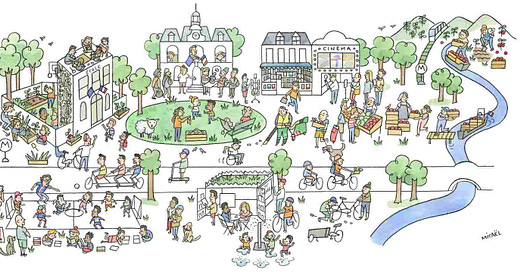



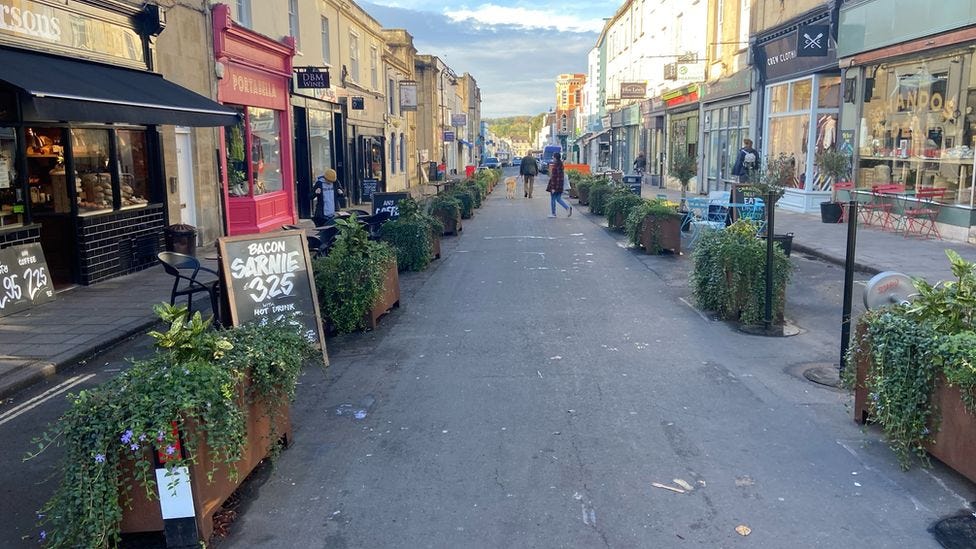

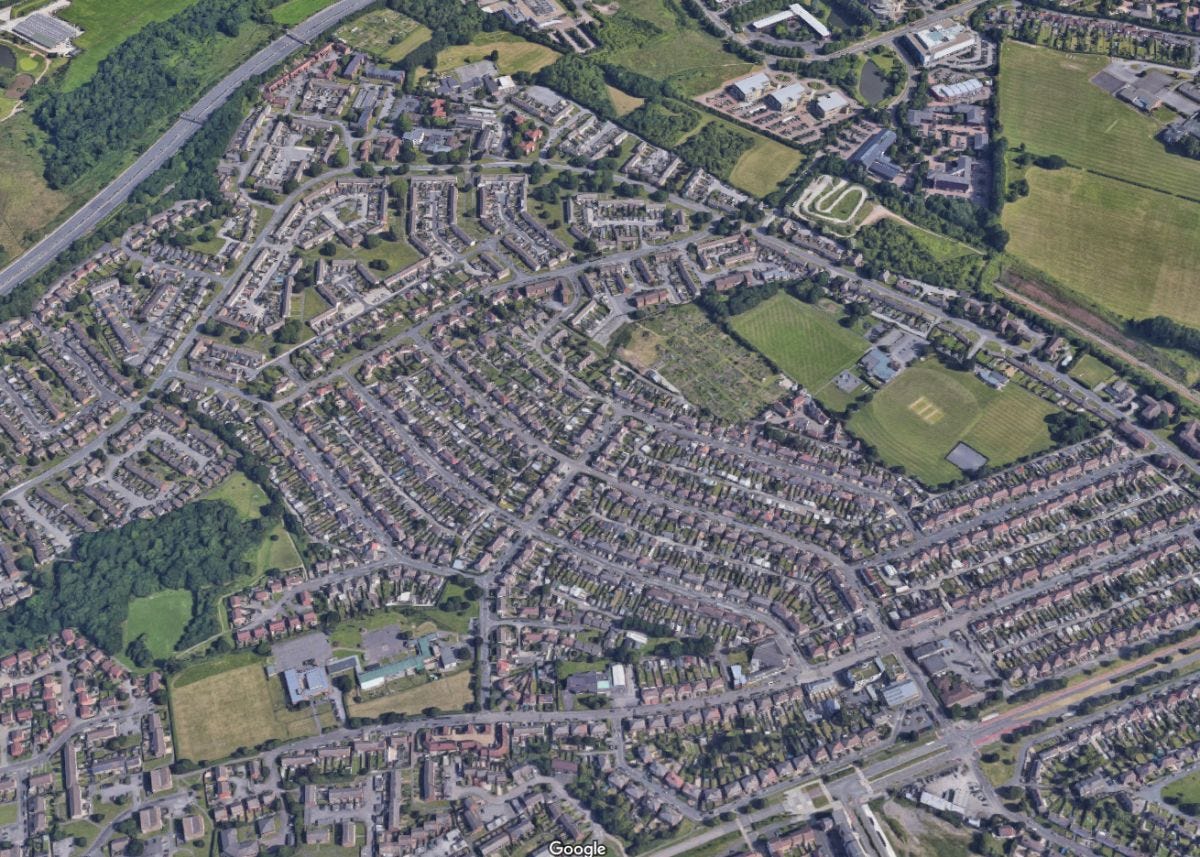
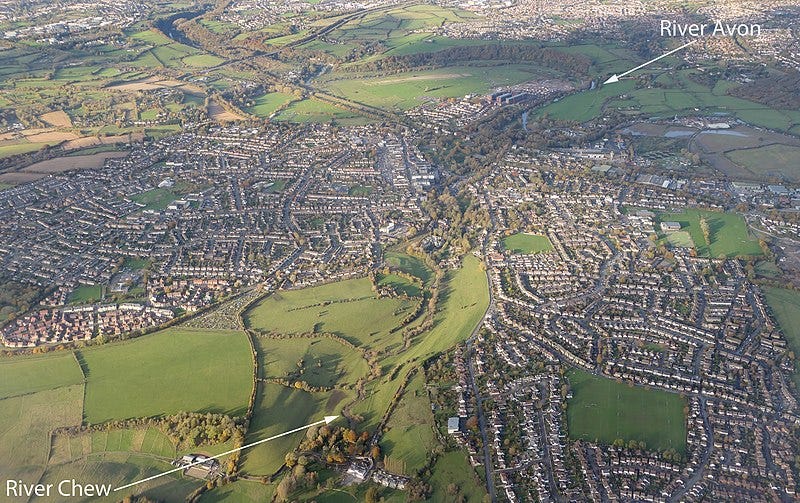
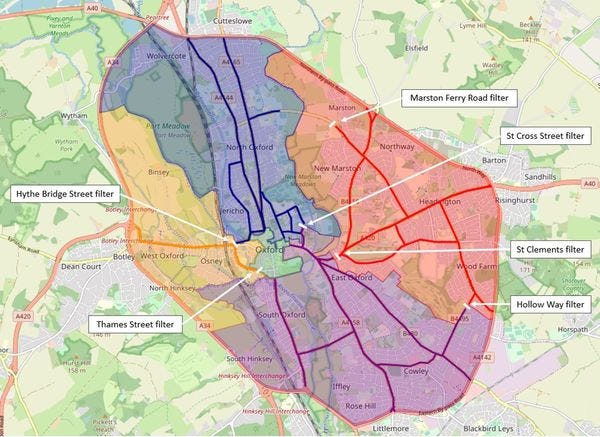

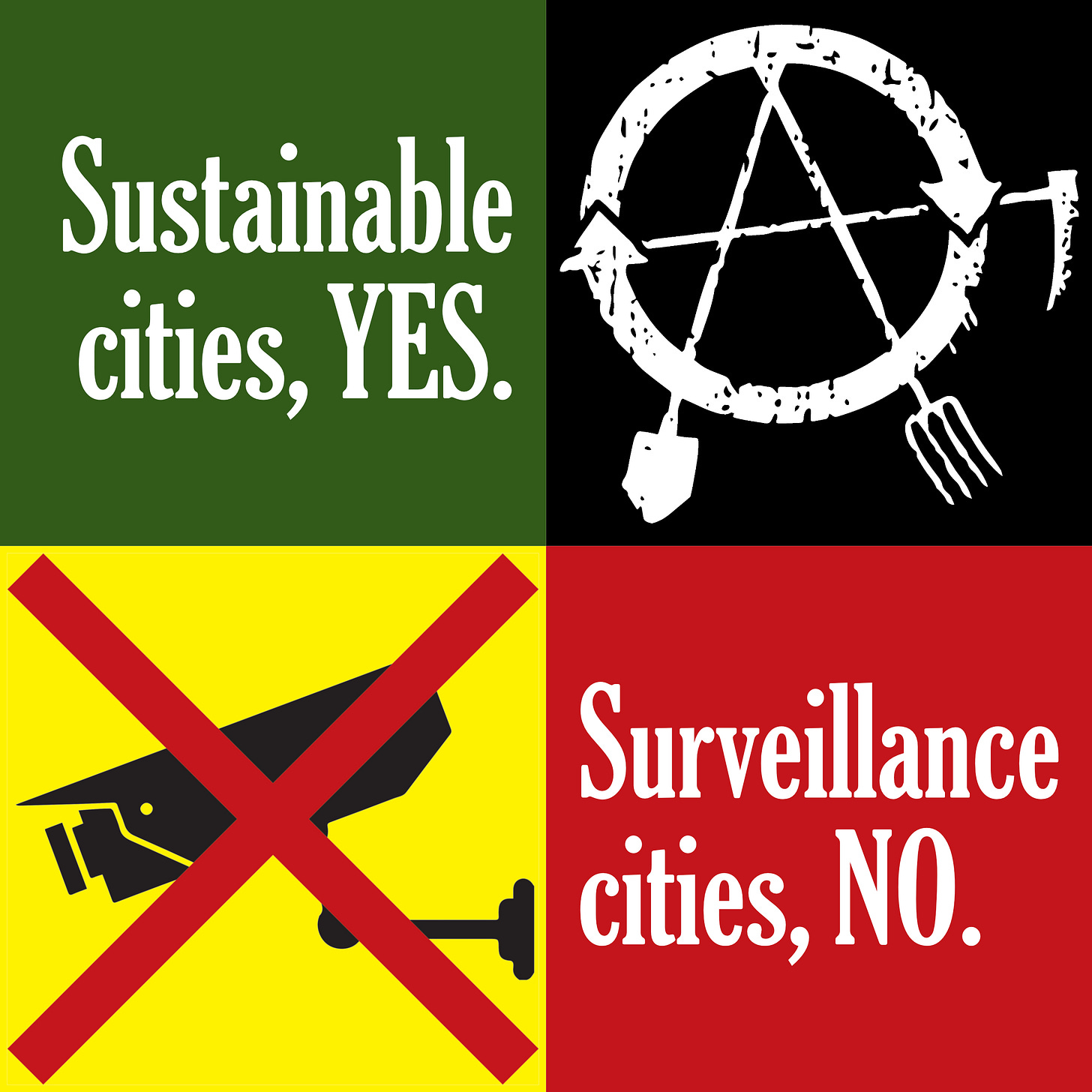
The best thought out arguments addressing the pros and cons of 15 minute cities as well as the realities and the concepts involved that I have read to date. Thank you.